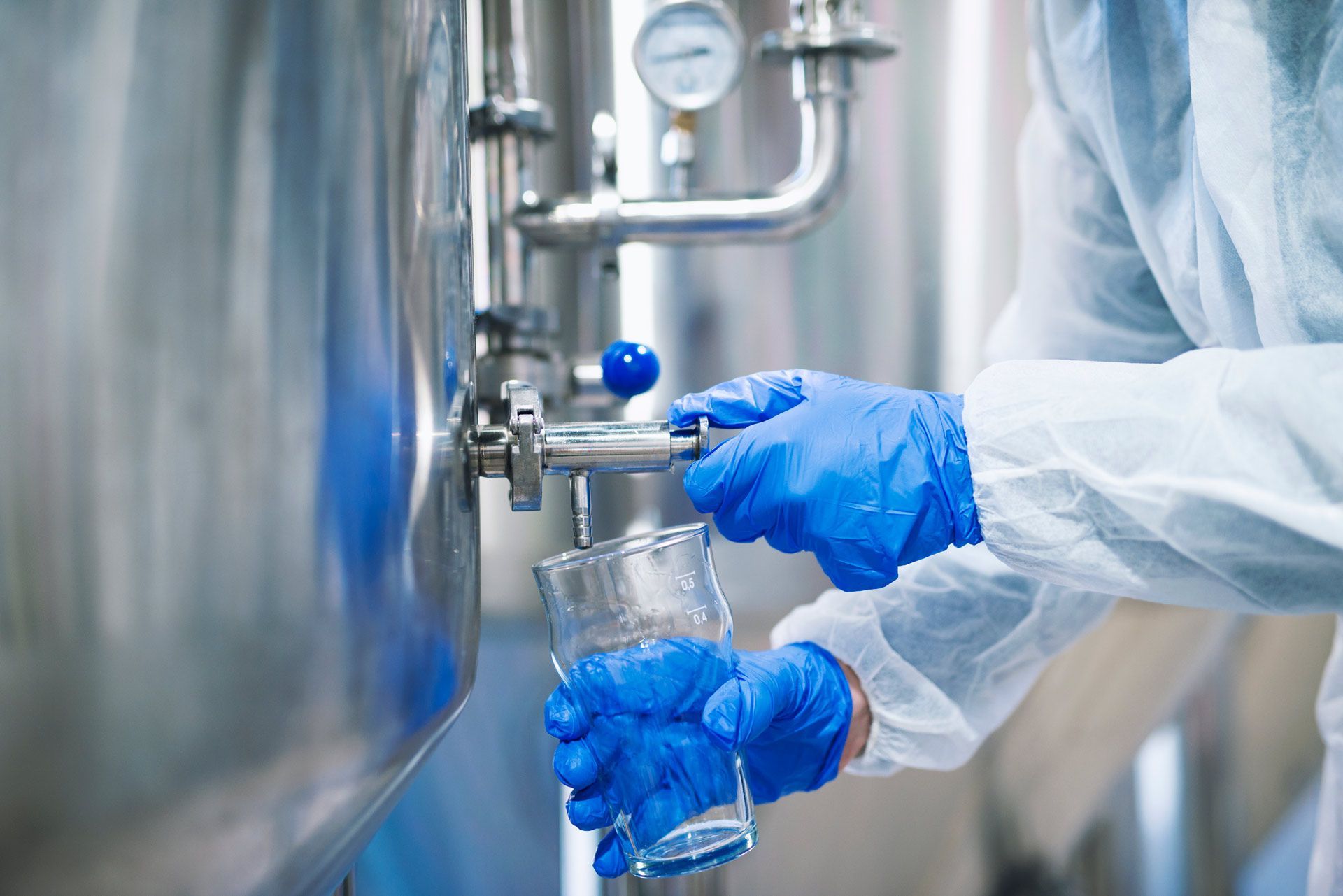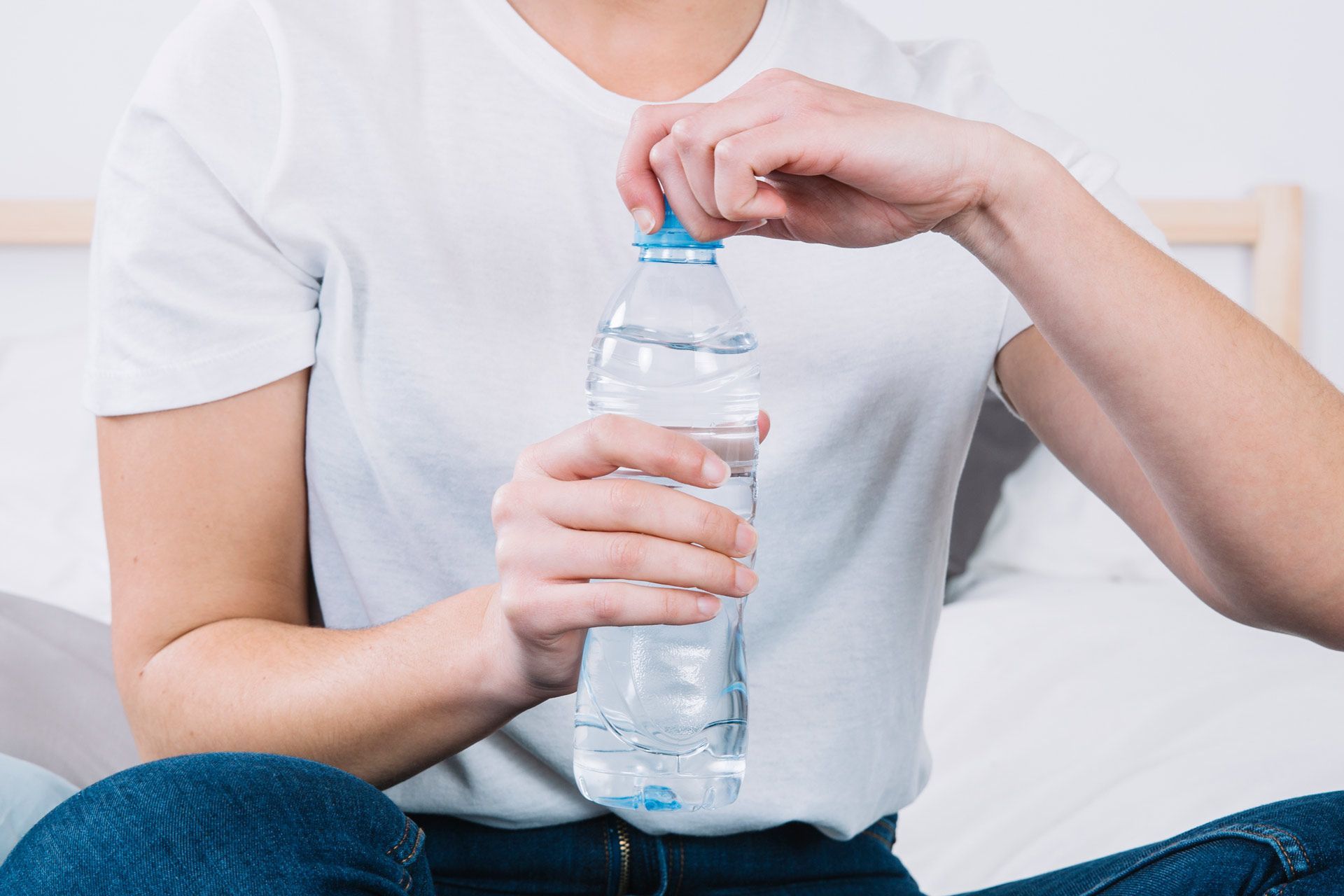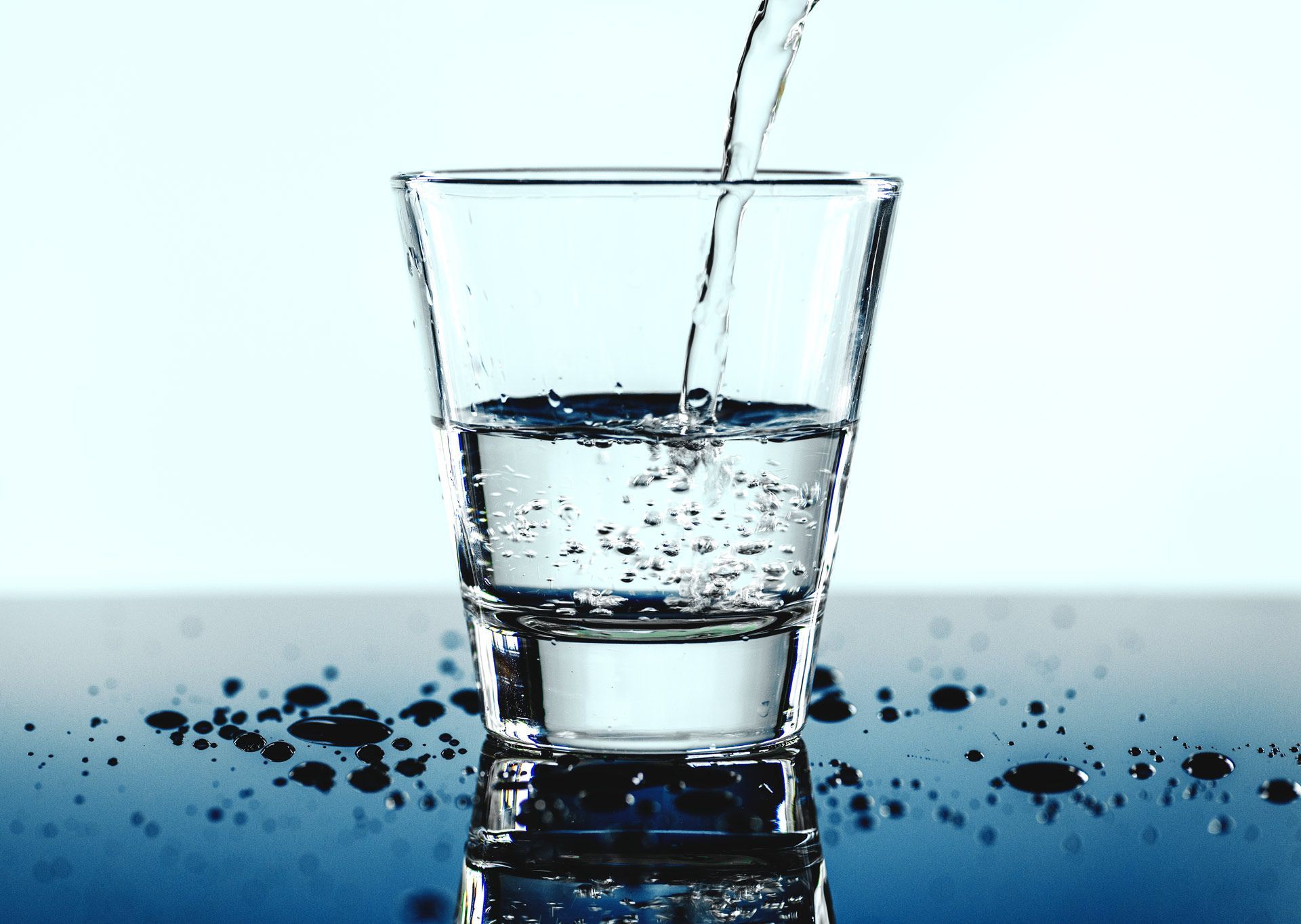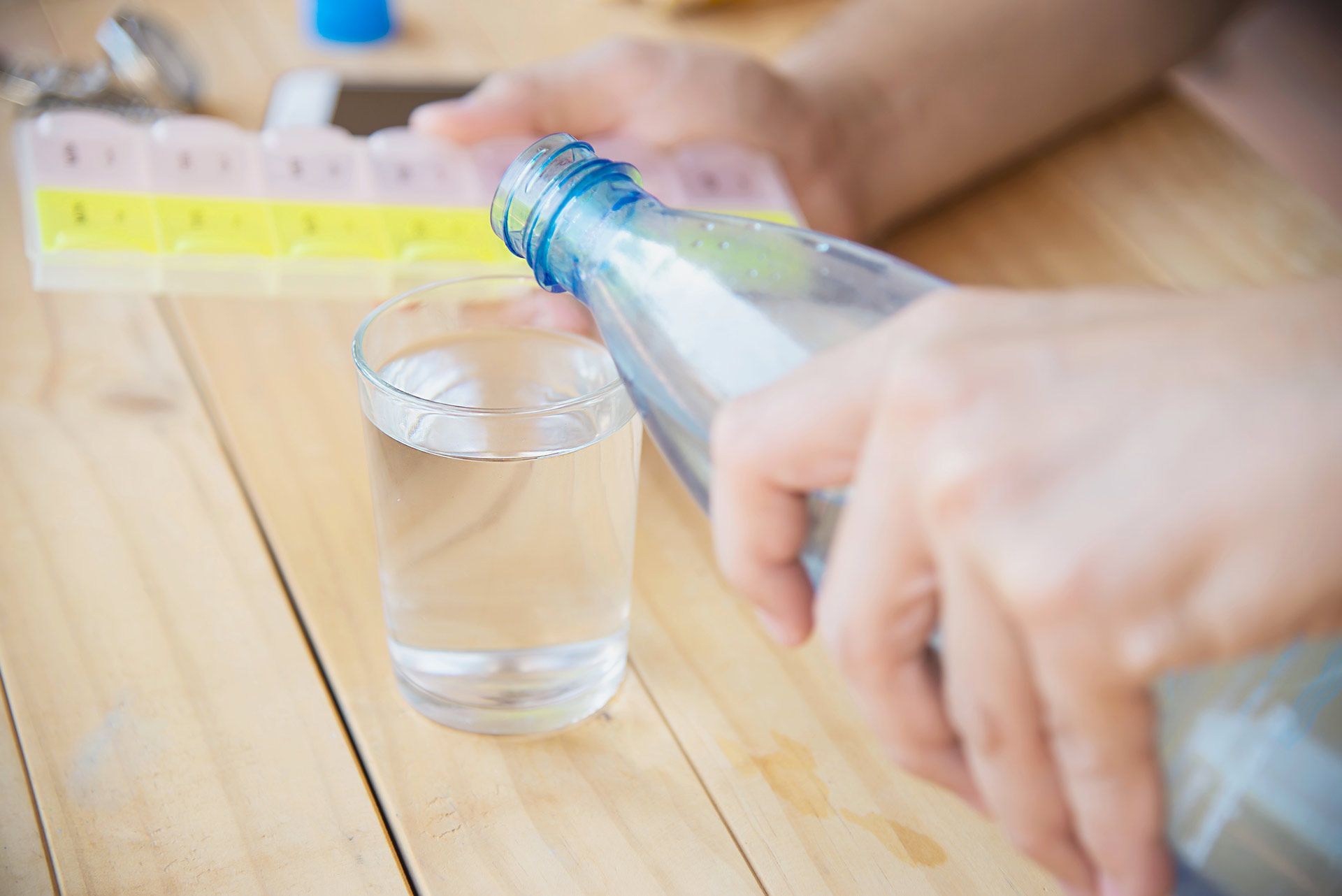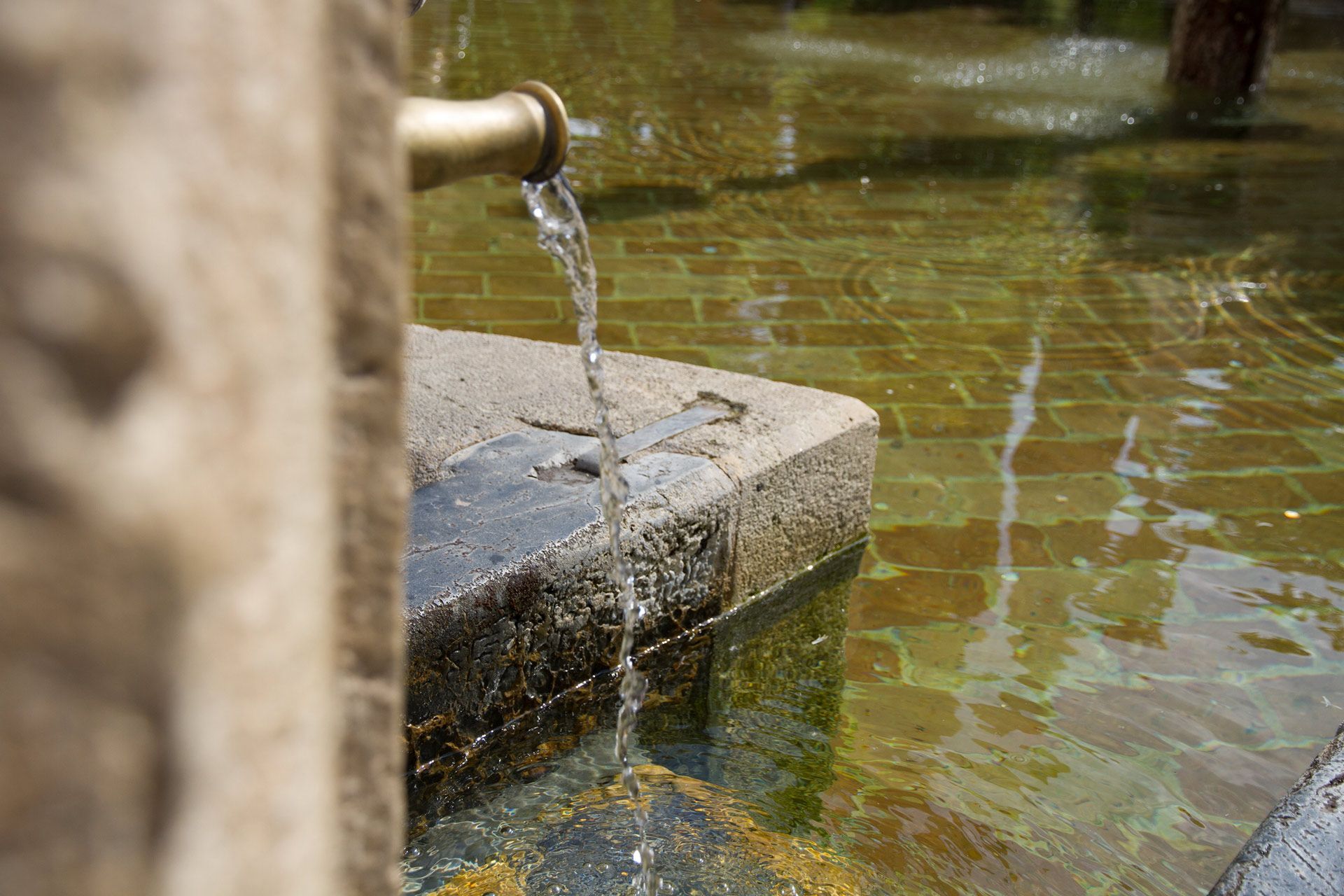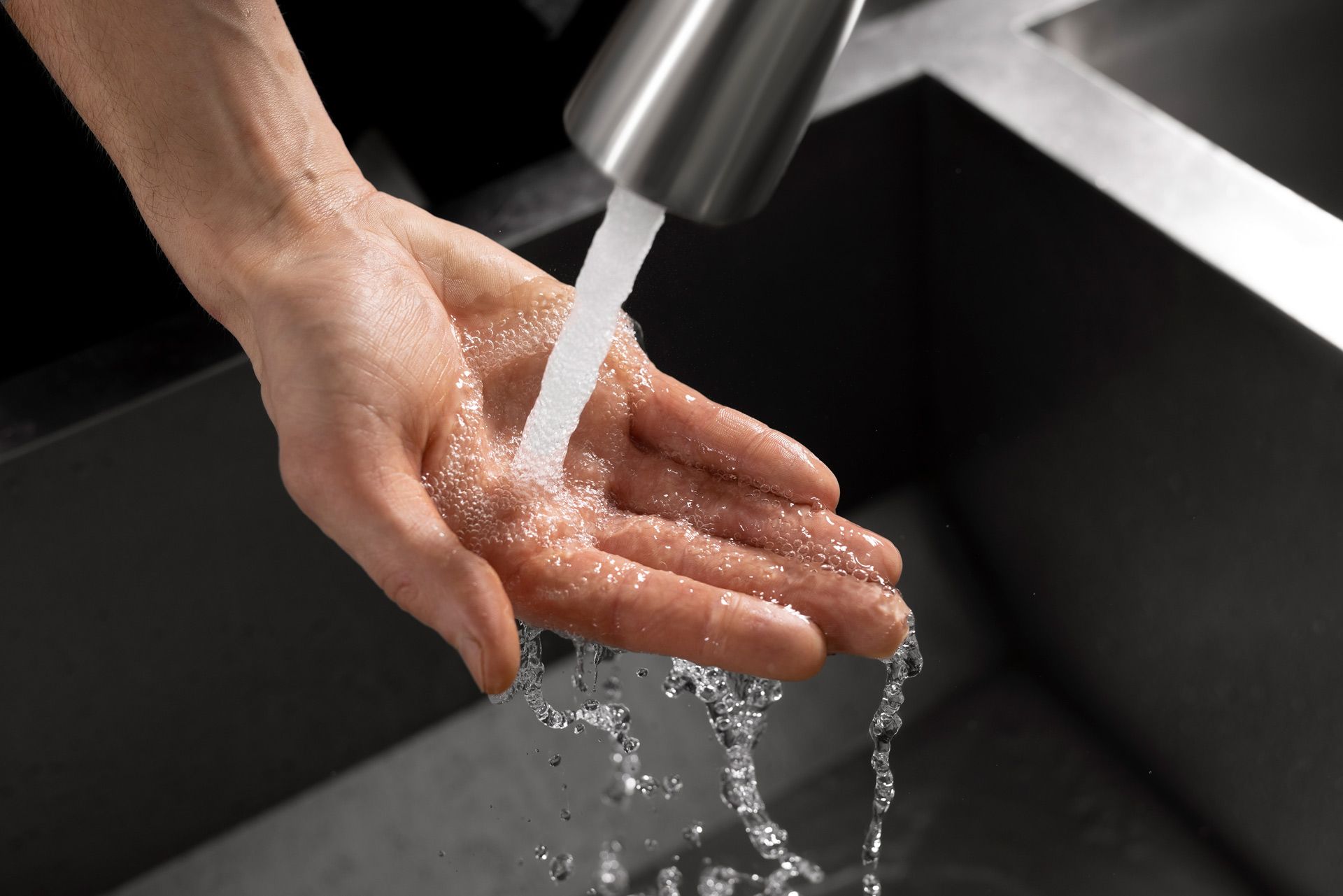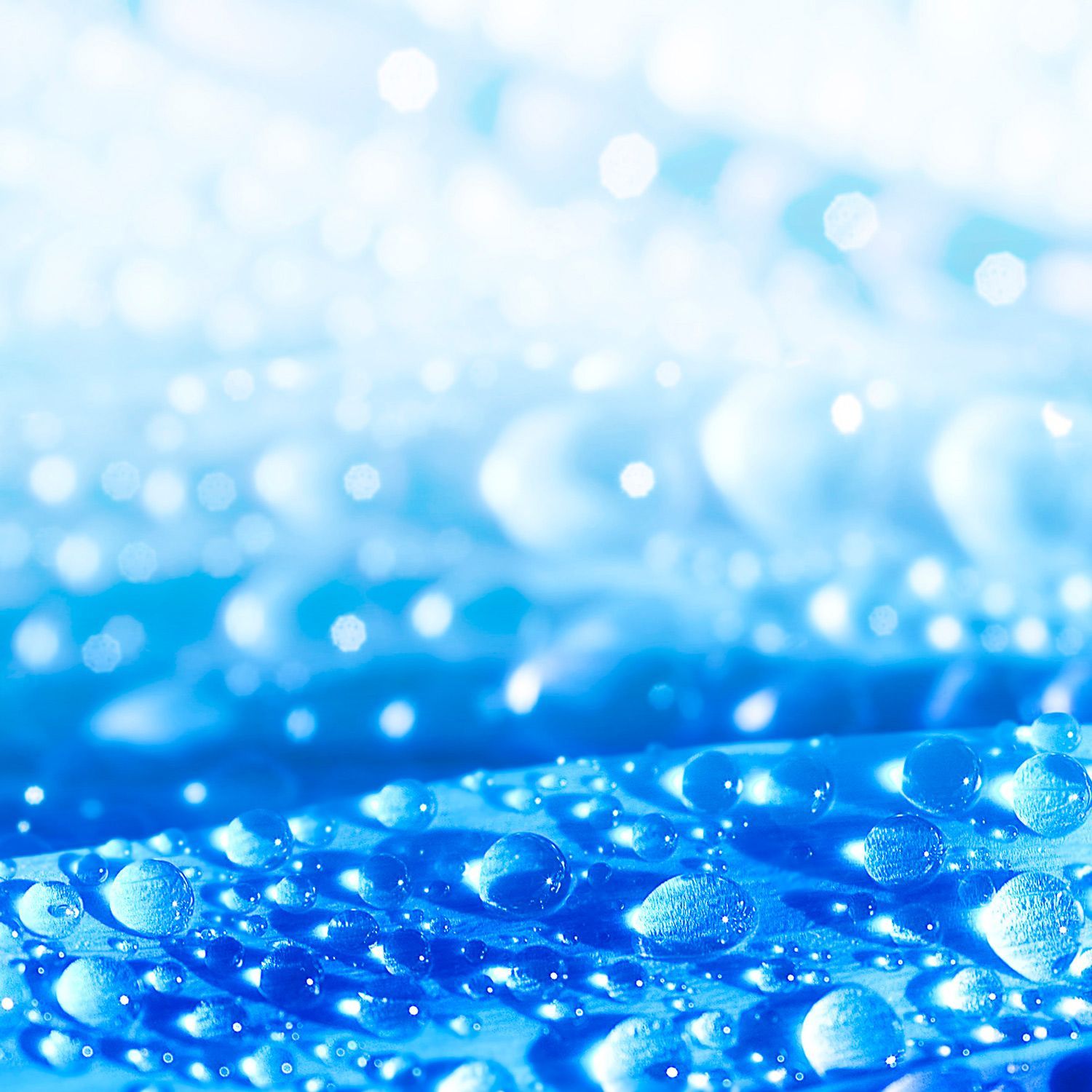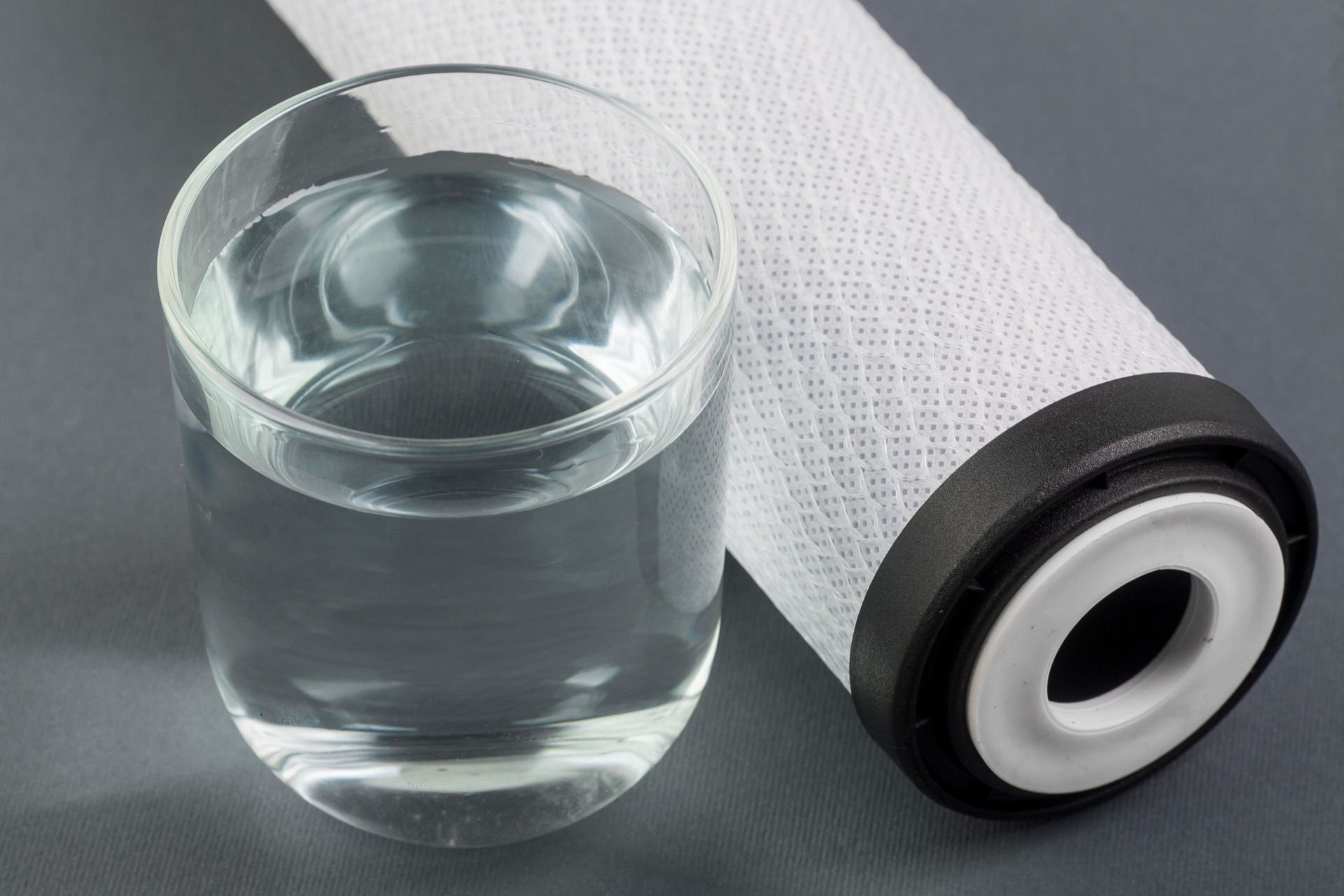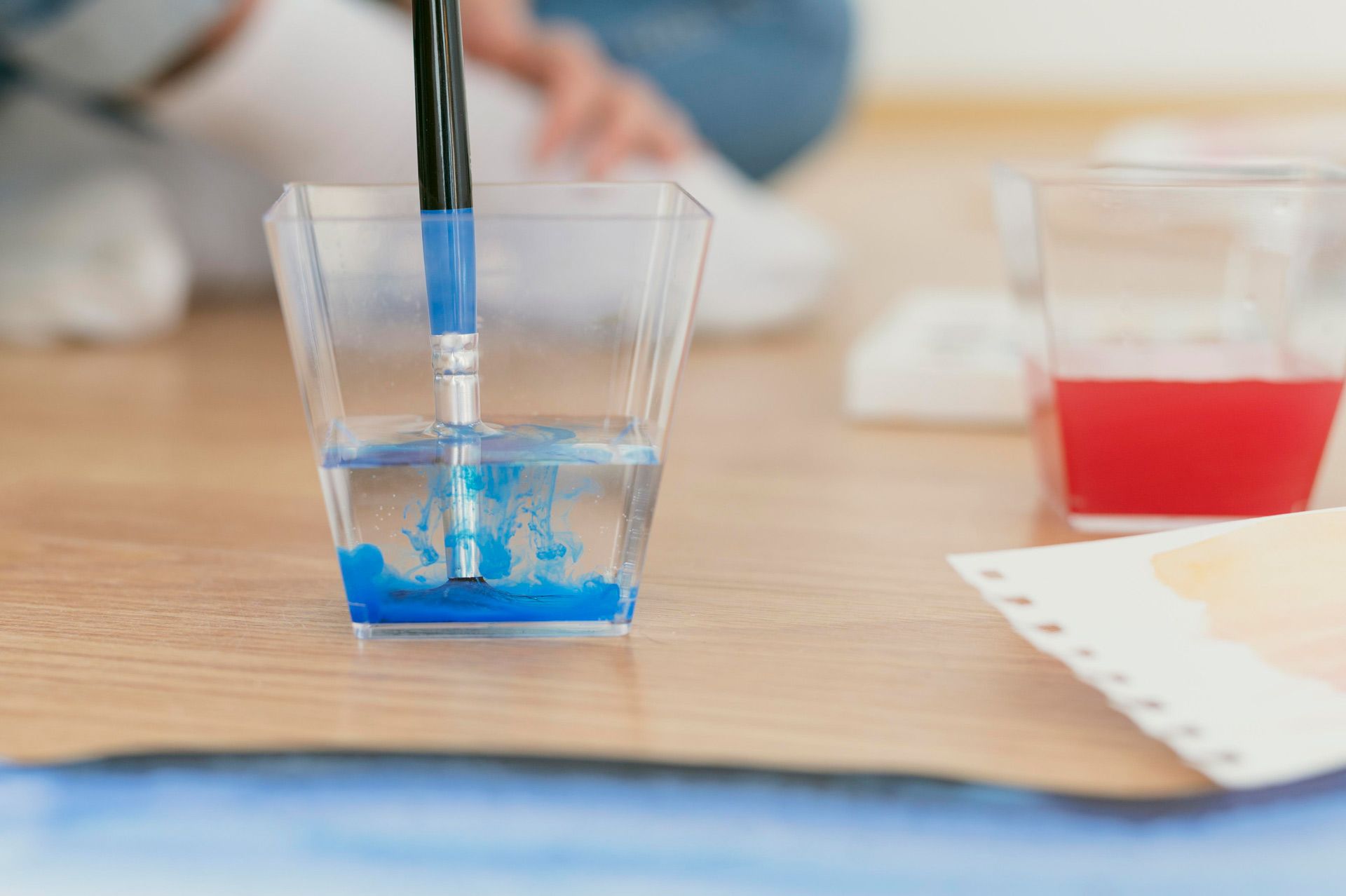Comparing Salt-Based vs Salt-Free Water Softeners: Best Fit for Hendricks County
October 6, 2025
Introduction
Hard water is a common issue for homeowners across Hendricks County, Indiana. From Avon to Brownsburg, many residents notice stubborn white scale on fixtures, cloudy glassware, and appliances that need constant descaling.
The big question becomes: should you choose a salt-based water softener or go with a salt-free conditioning system? Each option has its own advantages, maintenance requirements, and costs. This article will break down how each system works, compare their pros and cons, and help Hendricks County homeowners make a confident decision.
Understanding Water Softeners and Conditioners
Before comparing, it’s important to understand what each technology does.
What is a Salt-Based Water Softener?
- Technology: Ion exchange process swaps calcium and magnesium ions (the minerals causing hardness) with sodium or potassium ions.
- Result: Truly “soft” water, meaning hardness minerals are removed.
- Benefits:
- Eliminates scale buildup on pipes and fixtures
- Improves soap and detergent performance
- Extends appliance lifespan
- Leaves water feeling “silkier” on skin and hair
What is a Salt-Free Water Conditioner?
- Technology: Often uses Template Assisted Crystallization (TAC) or other physical processes to alter the structure of hardness minerals so they don’t adhere to surfaces.
- Result: Does not remove minerals, but reduces scale formation.
- Benefits:
- Minimal maintenance, no salt bags needed
- Environmentally friendly (no brine discharge)
- Retains beneficial minerals in drinking water
Salt-Based vs Salt-Free: Key Differences
Here’s a clear comparison table summarizing the main differences:
| Feature | Salt-Based Softener | Salt-Free Conditioner |
|---|---|---|
| Hardness Removal | Removes calcium & magnesium | Leaves minerals but changes their form |
| Water Feel | “Soft” silky feel | Feels unchanged |
| Maintenance | Regular salt refills, regeneration cycles | Minimal — media replacement every few years |
| Environmental Impact | Discharges brine into wastewater | No brine, eco-friendly |
| Best For | Homes with very hard water (10+ gpg) | Homes with mild/moderate hardness or eco-conscious owners |
| Cost | Higher initial + ongoing salt costs | Lower ongoing cost, but may not fully stop scale |
| Effect on Soap Usage | Allows reduced soap/detergent | No significant change |
Decision Guide for Hendricks County Homeowners
When deciding between the two systems, follow these steps to make the right choice for your home.
- Test Your Water Hardness
Get a professional water test to know your exact hardness level. Many Hendricks County homes measure 10–20 gpg, which often leans toward needing full softening. - Identify Your Main Goals
- Want to eliminate spots, scale, and soap scum completely? → Salt-based softener.
- Want to reduce maintenance and avoid salt use? → Salt-free conditioner.
- Consider Household Size and Usage
Larger families or heavy water users benefit from metered softeners that regenerate only when needed, reducing salt waste. - Factor in Maintenance Preferences
If hauling salt bags or scheduling regular service is a concern, salt-free systems may be more appealing. - Think About Environmental Impact
Some municipalities have restrictions or guidelines on brine discharge. Check with your local Hendricks County utilities if this is a factor. - Calculate Long-Term Costs
Consider initial system cost, salt/media replacements, water used in regeneration, and impact on appliance life. - Choose a Trusted Provider
Work with a local water treatment company that can size the system correctly, install it professionally, and offer ongoing service.
Frequently Asked Questions
How hard is the water in Hendricks County?
Water hardness can vary, but many areas measure over 10 gpg, considered “very hard.” A water test is the best way to confirm.
Will a salt-free system prevent all scale?
No. Salt-free systems reduce scale but may not eliminate it entirely, especially with very high hardness levels.
Is softened water safe to drink?
Yes. The sodium added is minimal, but potassium chloride can also be used for those watching sodium intake.
Do salt-based softeners waste water?
They use water during regeneration cycles, but newer high-efficiency models minimize waste.
Can I switch from salt-based to salt-free later?
Yes, but the plumbing setup and goals should be reassessed before switching.
Conclusion
Both salt-based and salt-free water systems can improve your water quality, but the right choice depends on your hardness level, goals, and preferences.
For many Hendricks County households with very hard water, a salt-based softener offers the most complete solution — eliminating scale, reducing soap use, and extending appliance life. Salt-free systems, on the other hand, are great for homeowners seeking low-maintenance, eco-friendly scale reduction without altering water taste.
The best next step? Schedule a water test with a local professional to determine your exact water profile and get a recommendation tailored to your home.

